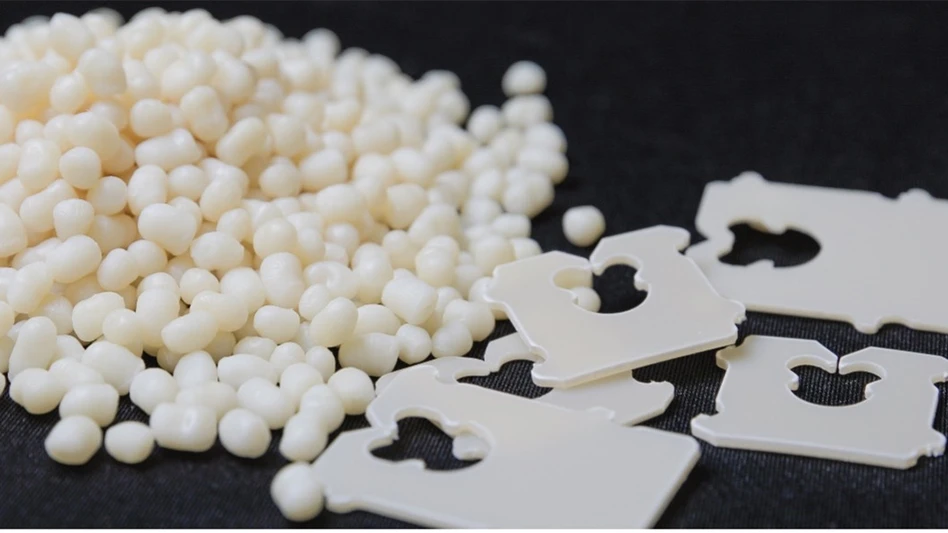
Photo courtesy of U.S. Plastics Pact and Kwik Lok
The U.S. Plastics Pact has published its Design for Circularity Playbooks, three reports designed to guide the life cycle of plastics in the United States.
The new "Design for Recyclability Playbook," "Design for Reuse Playbook" and "Design for Compostability Playbook" provide detailed guidelines to ensure that plastic packaging is continuously reused, recycled or composted, thereby reducing plastic waste and its environmental impact, according to the New Hampshire-based nonprofit organization.
The U.S. Plastics Pact was launched in partnership with WWF and The Recycling Partnership as part of the Ellen MacArthur Foundation’s global Plastics Pact network. The organization strives to “bring together businesses, nonprofit organizations, research institutions, government agencies and other partners to rethink how plastics are designed, used and reused, creating a path forward to realize a circular economy for plastic packaging in the U.S.”
The organization says its playbooks have been designed as tools for industry insiders and essential guides for anyone committed to sustainability.
“These reports represent a significant step forward in our shared journey toward sustainability,” U.S. Plastics Pact CEO Jonathan Quinn says. “By providing clear, actionable guidelines, we empower companies and organizations to make informed decisions to drive substantial improvements in plastic design and management. We all need to take responsibility, and these guidelines help us do just that."
The "Design for Recyclability Playbook" spells out ways to ensure plastic packaging is compatible with existing recycling systems, setting expectations for designing new packages and optimizing existing ones, aiming to maximize recycling value and minimize the use of problematic materials that interfere with recycling processes or contaminate recycled content.
The "Design for Reuse Playbook" offers a "toolkit" for developing and implementing reusable packaging systems, and the "Design for Compostability Playbook" examines how businesses can create compostable packaging that can support the development of organics diversion systems in the U.S.
Quinn says companies and organizations, by authoring and then following the guidelines in the playbooks, can enhance their design practices and significantly contribute to our shared goals.
"We are committed to continuing this collaborative effort and building on the strong partnerships essential to our mission," he says.
The group says the playbooks establish best practice guidelines that promote designing for multiple uses, enhancing recyclability and producing high-quality recycled content.
This June, the U.S. Plastics Pact launched a strategic plan called Roadmap 2.0, highlighting its achievements to date and its targets for the future.
Latest from Recycling Today
- BMW Group, Encory launch 'direct recycling’ of batteries
- Loom Carbon, RTI International partner to scale textile recycling technology
- Goodwill Industries of West Michigan, American Glass Mosaics partner to divert glass from landfill
- CARI forms federal advocacy partnership
- Monthly packaging papers shipments down in November
- STEEL Act aims to enhance trade enforcement to prevent dumping of steel in the US
- San Francisco schools introduce compostable lunch trays
- Aduro graduates from Shell GameChanger program





